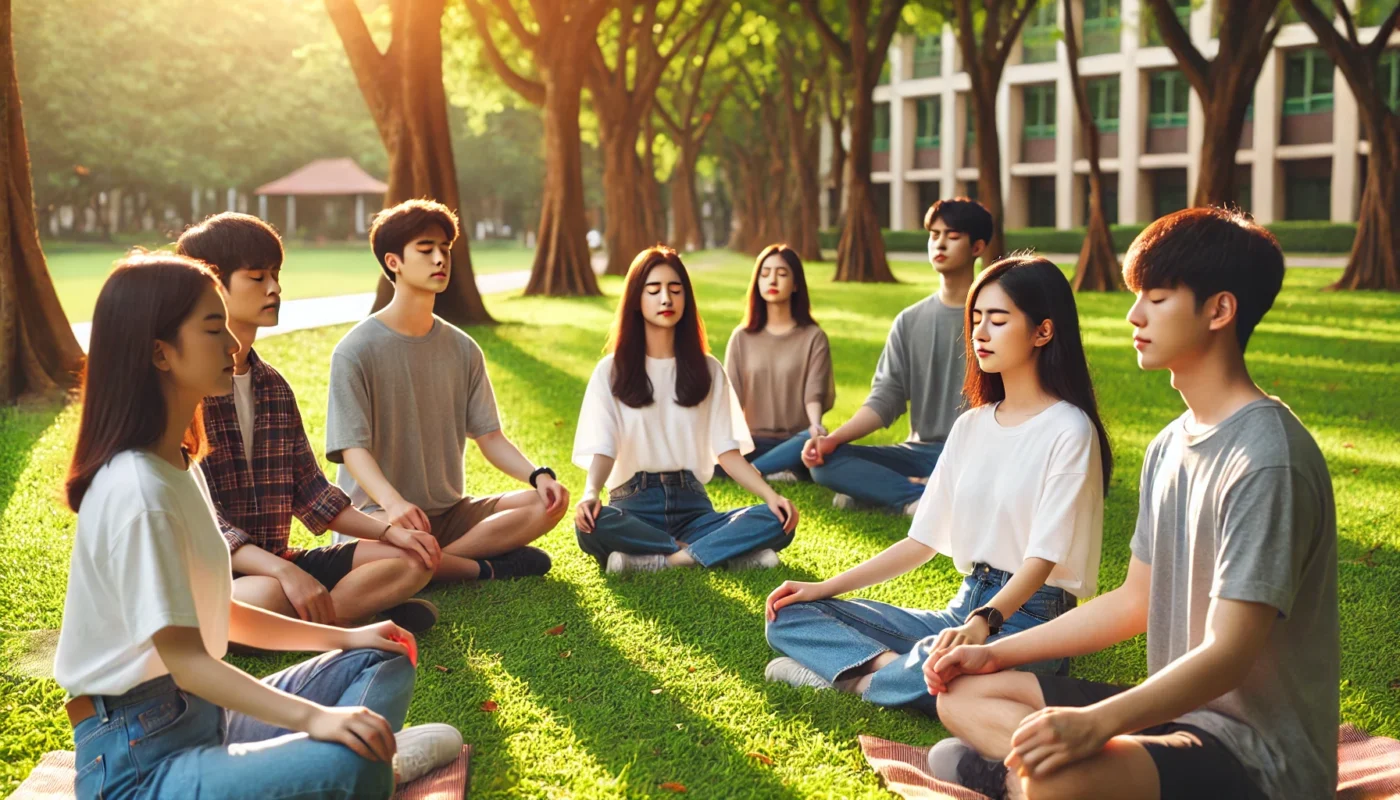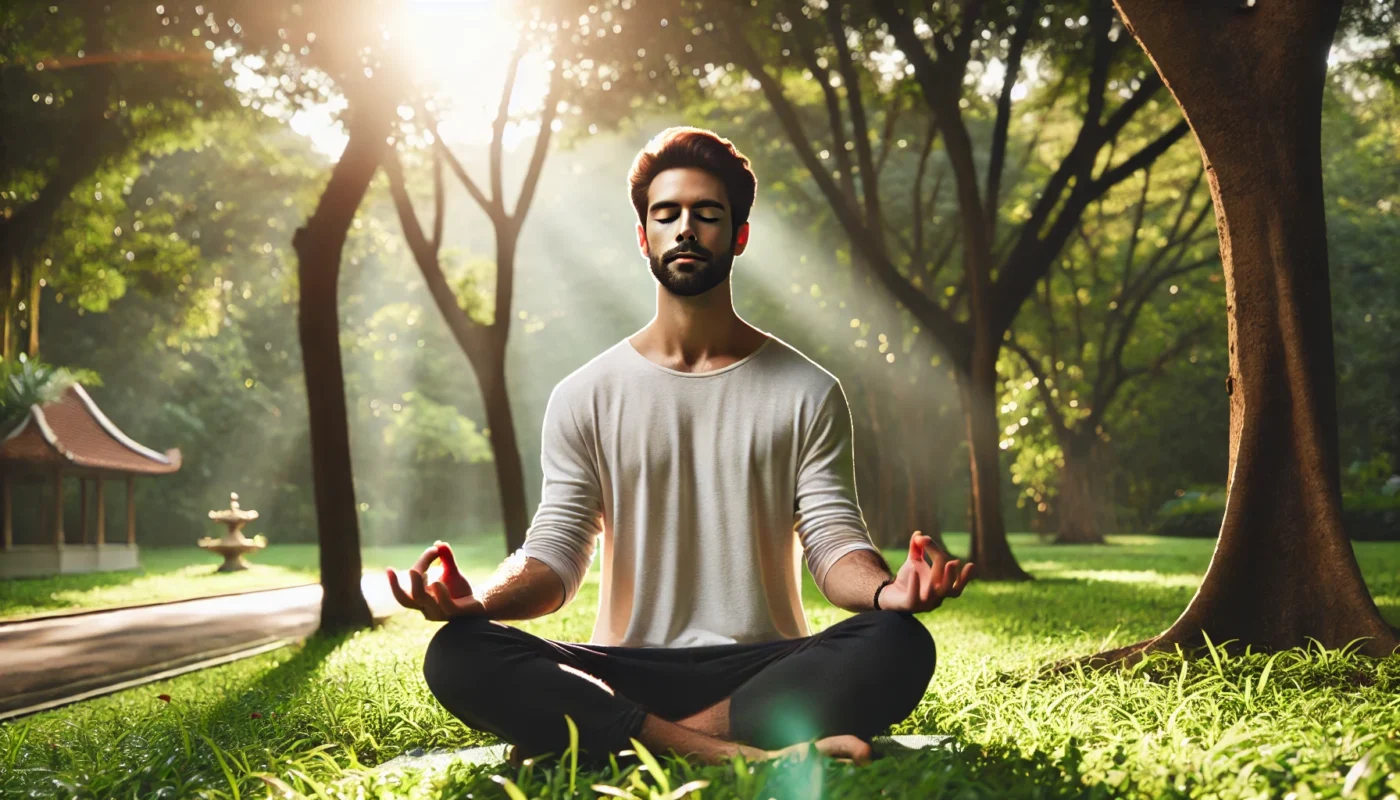Before delving into techniques, it’s important to understand the science of focus. Concentration is the mental effort you direct toward whatever you’re working on or learning at the moment. It’s akin to a spotlight that illuminates specific aspects of your environment while keeping other parts dimmed.
Category Archives: Mindfulness and Stress Reduction Techniques
Explore mindfulness practices and stress-relief techniques to support mental and physical healing.
The environment in which you study can significantly affect your ability to concentrate. Research has shown that cluttered spaces can lead to decreased productivity and increased stress levels. Conversely, a well-organized, serene study space can facilitate improved cognitive function and information retention.
In this article, we’ll explore mindfulness techniques designed to improve concentration, providing actionable strategies to help you focus better and optimize your mental faculties.Mindfulness is the practice of being fully present and engaged in the moment, without judgment or distraction. It involves an awareness of your thoughts, feelings, sensations, and surroundings. By cultivating mindfulness, you can train your brain to stay focused, even in the midst of chaos.
In the bustling world of business, meetings can often become chaotic, stressful, and inefficient. However, incorporating centering exercises can transform these essential gatherings into focused, productive sessions. By grounding participants and enhancing mindfulness, these exercises can lead to more effective communication and decision-making. In this article, we will delve into the best centering exercises to enhance meetings, drawing on holistic and alternative approaches to improve wellbeing.
At its core, mindfulness is the art of being present and fully engaged in the moment, without judgment or distraction. It involves cultivating a heightened awareness of thoughts, emotions, and bodily sensations, which can lead to improved concentration, reduced stress, and enhanced emotional regulation. For students, mindfulness can serve as a cornerstone for mental resilience and academic success.
In our fast-paced world, maintaining focus can be a formidable challenge. Whether you’re a student, a professional, or someone managing daily tasks, the ability to concentrate is crucial for productivity and success. While there are numerous pharmaceutical options available, many people prefer natural remedies that can be conveniently implemented at home. In this article, we will explore various home solutions to enhance focus, drawing upon scientific research and holistic practices.
In the quest for mental tranquility and enhanced well-being, the digital age offers myriad solutions, prominently featuring apps like Calm and Headspace. Both have carved out significant niches in the wellness landscape, particularly in guided meditation and mindfulness. Their growing popularity is evident in discussions across forums like Reddit, where users weigh in on the merits of Calm vs Headspace. This article aims to dissect these two platforms, exploring their features and benefits to guide you in choosing the right fit for your wellness journey.
Attention issues in adults can manifest in various forms, including a lack of focus, trouble concentrating, and difficulties in maintaining motivation. These issues aren’t just minor inconveniences; they can have profound effects on productivity, relationships, and mental health.
Mindfulness is the practice of being present in the moment, fully engaged with whatever you’re doing, and acknowledging your thoughts and feelings without judgment. It’s more than just a buzzword; it’s a scientifically-backed approach that can significantly improve mental clarity. But how exactly does it help?
In this article, we delve into the science behind how meditation can enhance concentration skills, explore various meditation techniques, and provide practical advice for integrating meditation into your daily routine.
- 1
- 2










